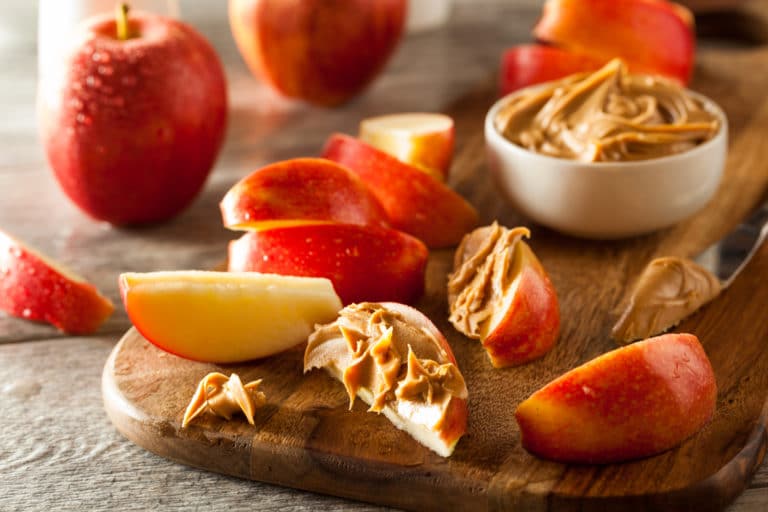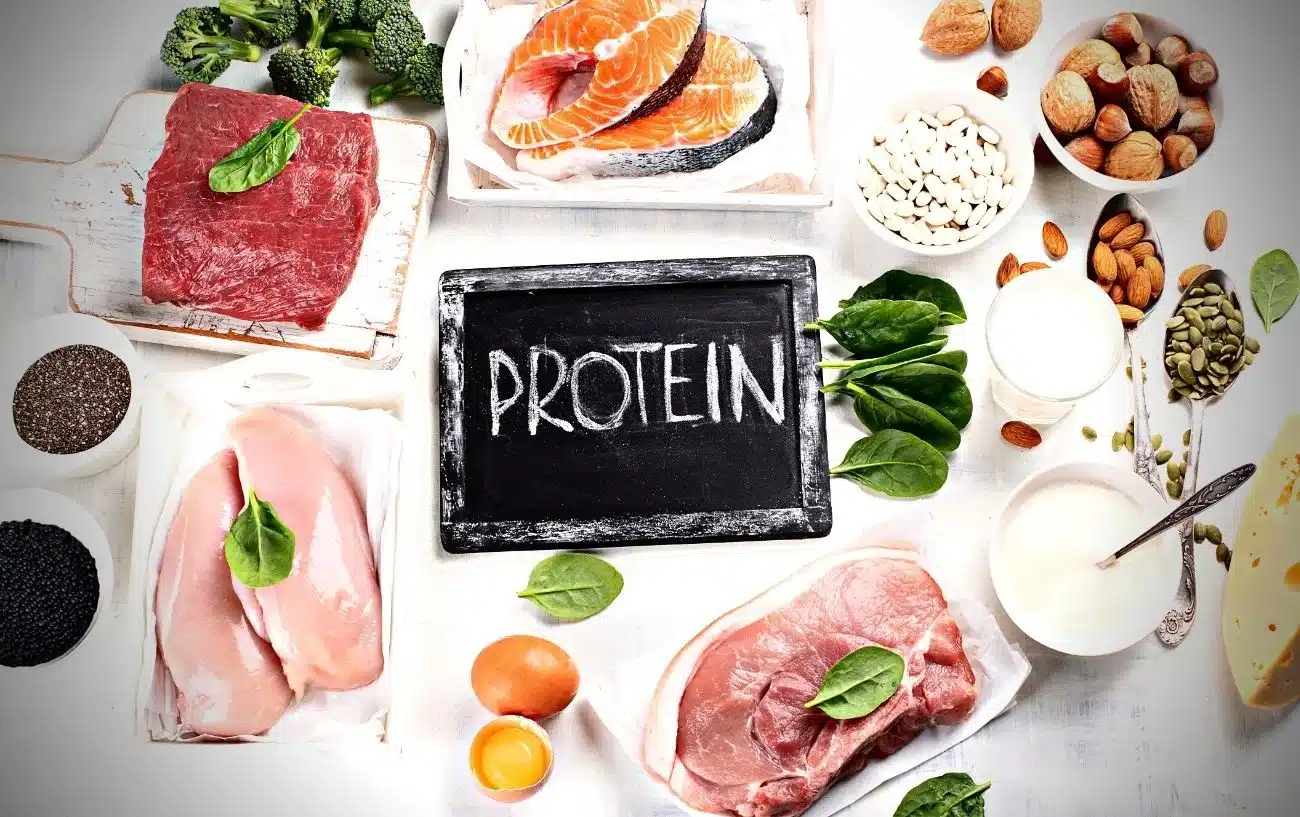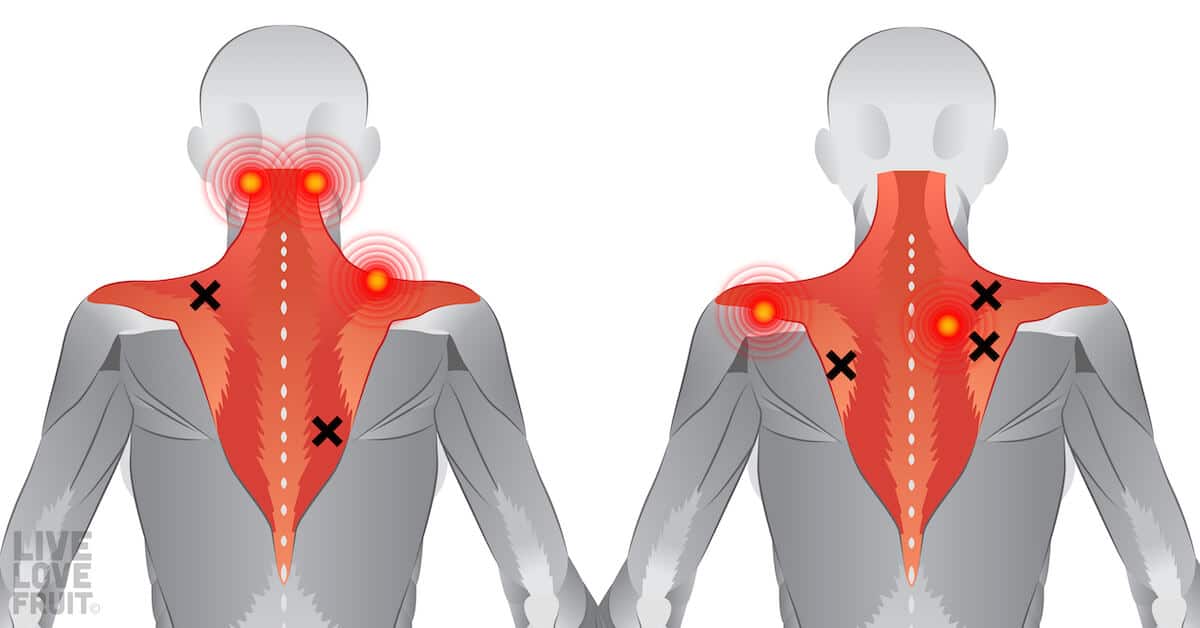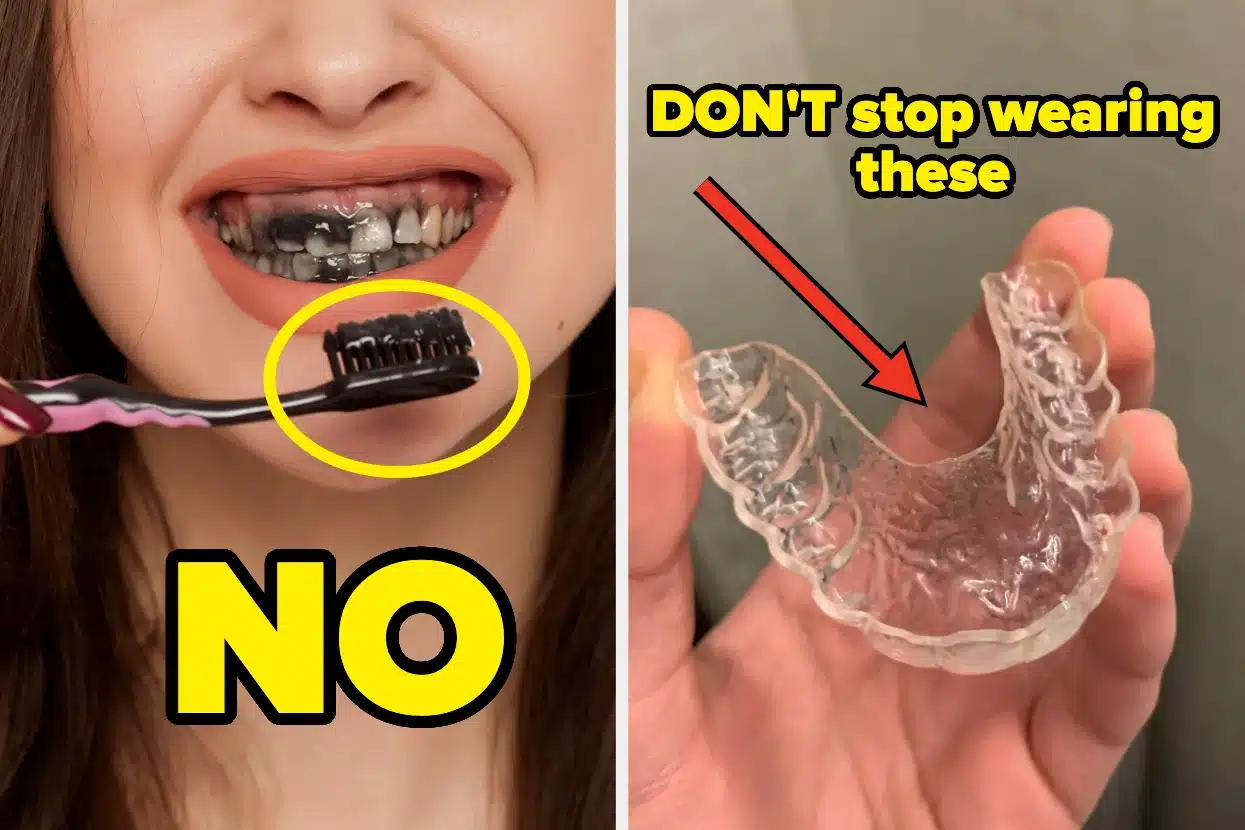Why Everyone’s Asking This Question?
If you’ve ever stood in the kitchen, spoon in hand, staring at a jar of peanut butter wondering, “Is this going to make me gain weight?”—you’re not alone.
Peanut butter is one of those foods that sits in the grey zone: high in calories, but also full of nutrients. Some people swear it helped them lose weight, while others avoid it like the plague.
So what’s the real story?
Let’s break it down — without guilt, without diet drama.
Peanut Butter 101: What’s Actually Inside?
Before we label peanut butter as good or bad, let’s look at what it’s made of:
-
Healthy fats (mostly monounsaturated and polyunsaturated)
-
Protein (about 7g per 2 tablespoons)
-
Fiber (helps you stay full)
-
Vitamin E, magnesium, and potassium
But yes — 2 tablespoons = roughly 190–200 calories.
That’s a lot in a small scoop. So yes, it’s dense — but that doesn’t make it bad.
Does Peanut Butter Cause Weight Gain?
The short answer: Only if you’re eating more than your body needs.
Weight gain happens when you consistently eat more calories than you burn — no matter where those calories come from.
Peanut butter can be part of a healthy diet.
But eating half the jar in one sitting? Yeah, that might be a problem.
It’s not about peanut butter itself. It’s about portion control, frequency, and your overall lifestyle.
Why Peanut Butter Might Help You Lose Weight?
Surprised? Here’s why peanut butter might actually support your weight loss journey:
1. It Keeps You Full
The fat + protein combo helps reduce cravings and snacking later on.
2. It's Satisfying
One spoon of PB feels emotionally more satisfying than five bland rice cakes.
3. It Reduces Sugar Cravings
Paired with fruit, it can calm your sweet tooth without spiking blood sugar.
When Peanut Butter Can Be a Problem
Let’s be real — most of us don’t stop at 2 tablespoons.
Here’s when peanut butter might sabotage your progress:
-
Mindless snacking straight from the jar
-
Pairing it with sugary jelly, bread, or crackers
-
Buying brands with added sugar, palm oil, or hydrogenated fats
Tip: Always check the ingredients. Look for "just peanuts and salt."
How to Eat Peanut Butter Without Gaining Weight
Here’s the good news: You don’t have to give it up.
Try these tips:
-
Stick to 1–2 tablespoons per day
-
Pair with fiber-rich foods like apples, bananas, or oats
-
Use a measuring spoon to avoid “accidental overload”
-
Choose natural or unsweetened peanut butter
Peanut Butter Hacks for Weight Loss
Here are a few creative ways to enjoy peanut butter without derailing your goals:
| Hack | Why It Works |
|---|---|
| Mix 1 tbsp with Greek yogurt | High protein + creamy texture |
| Spread on rice cakes + banana slices | Sweet, filling, low-cal snack |
| Add to overnight oats | Great for slow-digesting energy |
| Blend 1 tsp into smoothies | Adds flavor, protein & creaminess |
| Use powdered PB (like PB2) | Lower calories, same taste |
FAQ: Peanut Butter & Your Body
 Can I eat peanut butter every day?
Can I eat peanut butter every day?
Yes — in moderation. 1–2 tablespoons per day is perfectly fine for most people.
 Is peanut butter good for muscle gain?
Is peanut butter good for muscle gain?
Yes! It provides healthy fats and protein, making it great for bulking or post-workout meals.
 Is peanut butter fattening at night?
Is peanut butter fattening at night?
No food is magically fattening at night. What matters is your overall calorie intake.
Final Thoughts: It’s Not About the Peanut Butter
Let’s stop blaming peanut butter for something it’s not doing on its own.
If you love peanut butter, you don’t have to quit it. You just need to understand your body, your portions, and your patterns.
So go ahead — keep that jar in your pantry. Use it mindfully. And remember:
“No single food can make you fat. Only habits can.”
Save This Post for Later
If this post helped clear up the peanut butter mystery for you, pin it on your Healthy Living or Meal Planning board so you don’t forget!
-
Advertisement
1 Health Benefits of Peanut Butter

Want to Try It for Yourself?
If you’re looking for the best peanut butter that’s healthy, clean, and guilt-free — or tools to help with portion control — here are my top picks:
Organic Natural Peanut Butter (No Sugar, No Oil) – Amazon
A creamy, clean option made from 100% roasted peanuts. No junk, just flavor.PB2 Powdered Peanut Butter – Lower Calories – Amazon
Same peanut butter taste, but with fewer calories. Perfect for smoothies and snacks.Measuring Spoons for Portion Control – Amazon
These will save you from accidentally eating “half the jar” (we’ve all been there).






